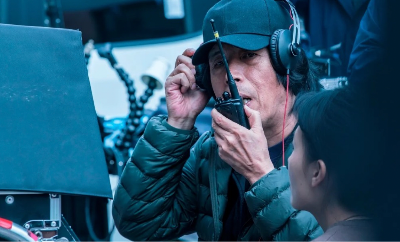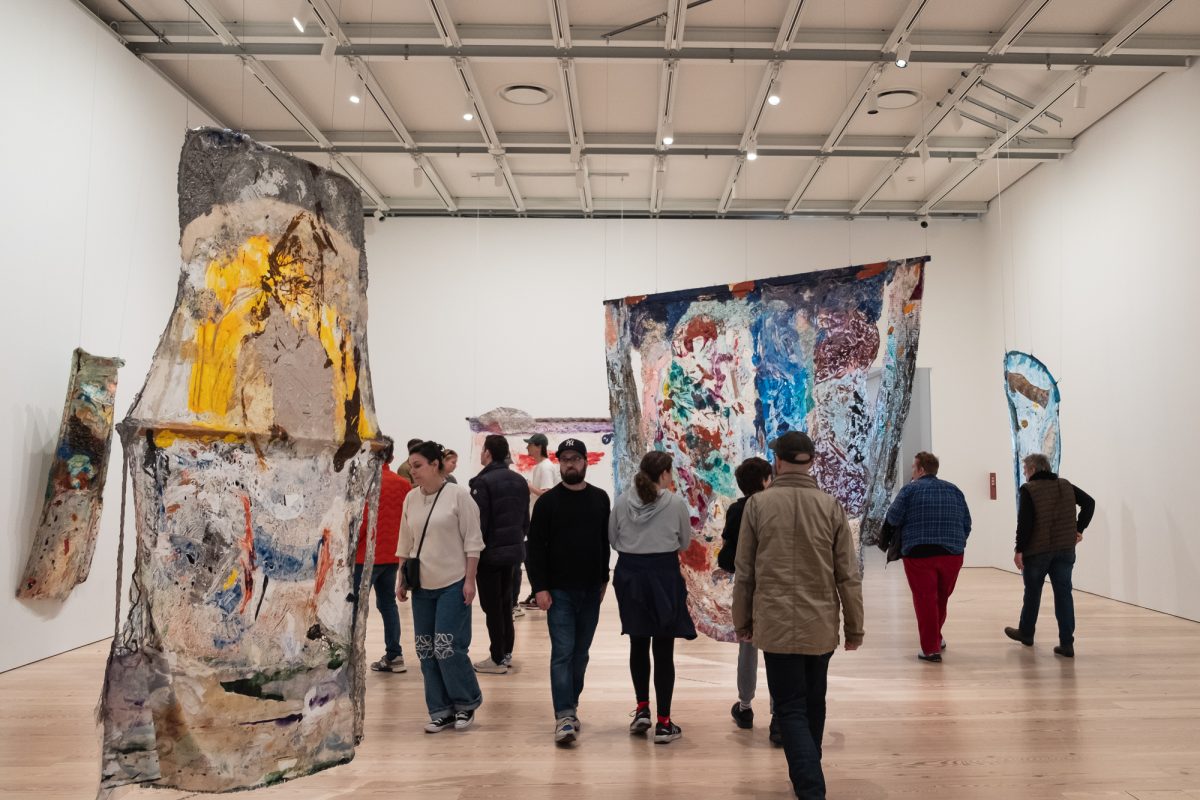
Removed from the English Midlands and now stationed in glamorous Malibu, Calif., Jake Bugg has cleaned up his sound while still maintaining his street cred. With Rick Rubin as his producer and Red Hot Chili Peppers’ Chad Smith as his drummer, Bugg’s sophomore album “Shangri La” is an impressive step up from his self-titled debut, which released just over a year ago.
With what has often been called an “authentic” sound by critics, Bugg continues to draw inspiration from the 1960s, mixing the work of Johnny Cash, Neil Young and Bob Dylan. On “La,” Bugg pushes himself to ensure a lasting career.
Deemed one of the great songwriters of his time at a mere 19 years of age, Bugg’s raspy Dylan-esque voice elevates him above the generic coffee shop singer-songwriter stereotype. Unwilling to confine himself to one style, Bugg steps up his electric guitar game with the gritty songs “What Doesn’t Kill You” and “Slumville Sunrise,” which sound like early Arctic Monkeys B-sides. He follows those tunes with the folksy love song “Me and You” which sounds like it could be an Avett Brothers single.
The song “Messed Up Kids” begs for stadium play, yet “Pine Trees” sounds suited more to a 100-person venue. Bugg’s only misstep is “Kitchen Table” — with a Latin beat, it feels entirely out of place and is nowhere near the same standard set by the rest of the album. “La” closes with “Storm Passes Away,” a 1950s country western-style song reminiscent of Cash.
It would be easy for Bugg to slip into 1960s tribute artist status, refusing to give up on peace and love. But instead of coming across as a cheap contemporary knockoff, Bugg emerges as a disciple — someone who has studied these artists, knows what made them great and recreates their iconic sounds for a generation obsessed with synths and autotune.
Bugg has created an album that can resonate across generations — suited for baby boomer throwbacks as well as millennial shoutouts. With “Shangri La,” Bugg proves he may be able to make a name for himself among the legends he admires. Rest assured, this is only the beginning.
A version of this article appeared in the Tuesday, Nov. 19 print edition. Mackenzie Brady is a contributing writer. Email her at [email protected].











































































































































